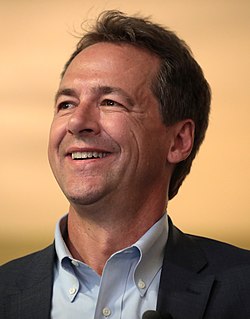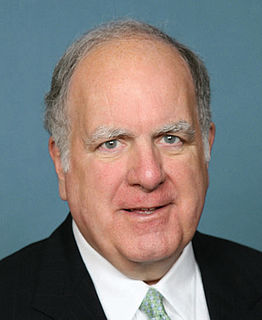A Quote by Doug Ford
Until the province is willing to look internally at their inflated budget, to engage the private sector, to exhaust every other available avenue, we can't justify a series of costly new taxes on residents who are already telling us that they just can't afford it.
Related Quotes
It's just the banks who are the latest target of the American socialist left. There is a war on the entirety of the private sector. It is the private sector that employs most of you, that services most of you, that creates the economic prosperity that our nation has enjoyed - and there is a war on that private sector, and it's being waged from the Oval Office, and its foot soldiers are on Wall Street and in other cities around the country.
Energy is a sector of the economy that has been particularly resistant to innovation. This is precisely the problem. It is why we are still dependant on energy sources that are 100 to 150 years old while virtually every other sector of the economy has transformed itself. This is why we believe that the faith that many environmentalists still hold that carbon regulations and taxes will drive sufficient private sector investment into energy markets to create the kind of innovation we need is unfounded.
Uganda's budget is 40 percent aid-dependent. Ghana's budget is 50 percent aid-dependent. Even if you cancel the debt, you don't eliminate that aid dependency. This is what I mean by getting to the fundamental root causes of the problem. Government, the state sectors in many African countries need to be slashed so that, you know, you put a greater deal of reliance on the private sector. The private sector is the engine of growth. Africa's economy needs to grow but they're not growing.
If you look at the fact that the best chance we have for a good economy is the private sector. The government cannot create jobs. If the government could create jobs, then Communism would have worked. But didn't work. So what we have to do is allow the private sector and the entrepreneurial spirit to lead us back to a job-filled recovery.



































